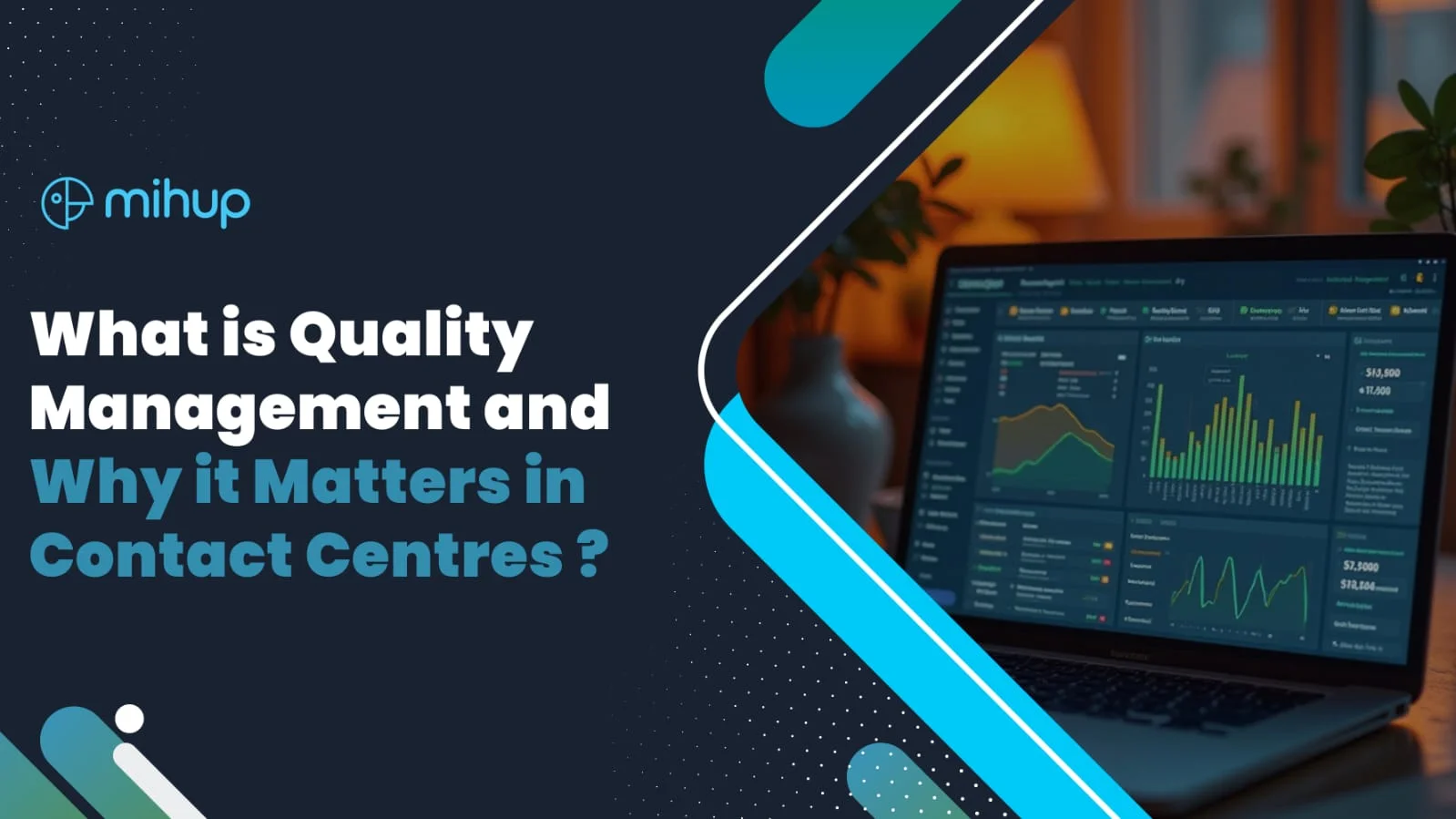What Exactly is Conversation Intelligence Software?
Conversation intelligence software utilizes natural language processing and AI technology to capture, transcribe, and analyze conversations. While it is commonly used in sales organizations, its usefulness extends to other teams within your organization that require conversation analysis or collaboration on accounts, such as customer service, customer success, and marketing.
Coaching is one of the widely recognized and adopted use cases for conversation intelligence software. Sales leaders leverage insights from the platform to coach representatives and enhance their sales performance. It also aids in forecasting, as the tool identifies deals in the pipeline that may be at risk, eliminating the need for manual examination of call recordings. The software captures key insights to provide an understanding of areas performing well and areas that may require adjustments.
It is important to note that conversation intelligence software is distinct from chatbots, autoresponders, or simple recorders or transcribers. It offers advanced capabilities and analysis beyond basic functionalities.
What is Business Intelligence?
Business intelligence refers to the processes, technologies, and strategies that organizations use to collect, analyze, and present data in a meaningful and actionable way. The goal of business intelligence is to facilitate data-driven decision-making and provide insights that can drive business growth, improve efficiency, and enhance overall performance.
Business intelligence involves various activities, including data integration, data modeling, data analysis, data visualization, and reporting. It typically begins with the collection and consolidation of data from various sources, such as transactional databases, customer interactions, social media, and external market data. This data is then transformed and organized into a format that is suitable for analysis.
The next step in business intelligence is data analysis, where statistical and analytical techniques are applied to gain insights from the data. This may involve identifying trends, patterns, correlations, and outliers to understand the factors driving business performance and uncover opportunities or risks.
Once the data is analyzed, the results are typically visualized through dashboards, reports, charts, and graphs. These visual representations make it easier for decision-makers to understand complex data and quickly identify key insights. Interactive and user-friendly interfaces enable users to explore the data and drill down into specific details as needed.
Business intelligence can support a wide range of business functions and activities, including sales and marketing analysis, financial performance evaluation, supply chain optimization, customer segmentation, and operational efficiency improvement. It provides organizations with the ability to monitor and measure key performance indicators (KPIs), track progress toward goals, and make data-driven decisions to improve business outcomes.
In recent years, business intelligence has been evolving with the emergence of new technologies such as big data analytics, artificial intelligence, and machine learning. These technologies enable organizations to process and analyze vast amounts of data at a faster pace, uncovering more sophisticated insights and enabling real-time decision-making. It plays a crucial role in helping organizations gain a competitive edge by leveraging data to drive strategic and operational improvements, optimize processes, and achieve business objectives.
How are they Related?
Conversation intelligence can be considered a specialized subset of business intelligence. While business intelligence encompasses the broader practice of collecting, analyzing, and interpreting data to drive business decision-making, conversation intelligence specifically focuses on analyzing and extracting insights from conversations. It leverages technologies and techniques used in business intelligence, such as data capture, transcription, data analysis, and visualization, to derive meaningful insights from conversations.
The integration of conversation intelligence into business intelligence systems allows organizations to combine insights from various sources, such as sales data, customer feedback, and conversation data, to gain a comprehensive view of their operations. It enables organizations to make data-driven decisions that are informed by the analysis of both structured and unstructured data.
By incorporating conversation intelligence into their business intelligence strategy, organizations can enhance their understanding of customer behavior, improve sales and marketing effectiveness, optimize customer support processes, and identify trends and patterns that can drive business growth.
What does Conversation Intelligence do and how?
Conversation Intelligence software transcribes and analyzes calls, providing valuable insights into sales performance, deal potential, and buyer preferences. It proves to be highly beneficial for coaching purposes as well.
Traditionally, companies have manually analyzed sales calls for many years, but this approach is not scalable and susceptible to human limitations. Intelligent AI, on the other hand, can pick up on intricate details and cues that humans might miss, as our attention can wander.
Conversation intelligence delves deep into buyer interactions, encompassing voice, video, and text, to uncover sentiment, conversation topics, and keywords. Thanks to powerful big data engines, machine learning algorithms, and AI-driven learning, this process has become effortless and efficient.
Moreover, conversation intelligence software offers additional capabilities. Some solutions can track ROI attribution, assess product knowledge, and ensure adherence to legal compliance requirements. This comprehensive approach makes conversation intelligence software a valuable asset for organizations.
Business intelligence and conversation intelligence are closely interconnected, serving as complementary components of a comprehensive data-driven strategy. While business intelligence encompasses the broader scope of collecting, analyzing, and interpreting data from various sources to gain insights into overall business performance, conversation intelligence focuses specifically on extracting valuable information from customer interactions.
By integrating conversation intelligence into business intelligence frameworks, organizations can unlock deeper and more actionable insights into customer preferences, behaviors, and sentiments. Conversation intelligence provides a granular understanding of individual customer interactions, allowing businesses to identify patterns, trends, and opportunities that can inform strategic decision-making and drive customer-centric initiatives.
The combination of business intelligence and conversation intelligence enables companies to derive holistic and context-rich insights. It empowers sales teams to optimize their strategies, improve customer engagement, and drive revenue growth. By leveraging the power of data analytics and AI-driven technologies, businesses gain a competitive edge in understanding their customers at a more intimate level and delivering exceptional experiences that foster loyalty and long-term success.
Business intelligence and conversation intelligence converge to provide organizations with a comprehensive view of their customers and overall business performance. The integration of these two disciplines empowers businesses to make data-driven decisions, enhance customer interactions, and ultimately drive sustainable growth in today’s dynamic and customer-centric market landscape.





